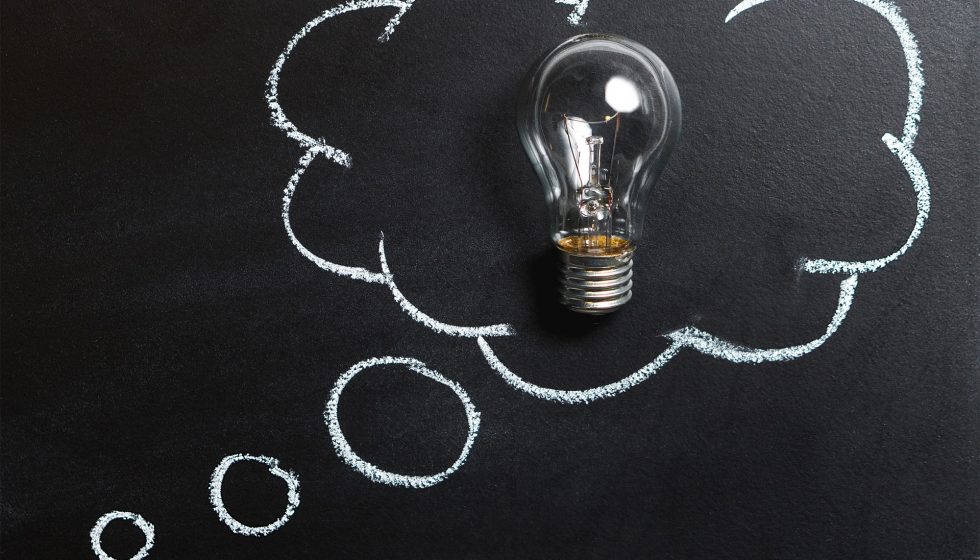Peter Impey, Managing Director, 90TEN Communications
I love it when a plan comes together. I also love the process of putting one together – from diving into a brief and gathering insights, to formulating strategies and then, of course, finding those all-important creative solutions. While the creative side of PR is often the most exciting and rewarding part of our work, it can also be the most challenging.
When the pressure is on, the brainstorm is packed and the flip chart page is empty, that big, beautiful, traffic-stopping idea can feel as though it will always be just out of reach. We get there in the end and there’s no better feeling than reaching that creative epiphany and seeing heads nod around the room. What, though, is it that makes this process so hard, and is there anything we can do to free up our creative thinking as this year’s planning season begins and we get stuck into our 2020 plans?
While having the right team, the right insights and the right strategy are all key to nailing the creative, having an understanding of some of the cognitive biases that can block the ideation process can help us to free our minds. Cognitive biases are systematic, unconscious errors in our thinking that affect the decisions and judgements we make every day. While they play an important role in helping us to process information and make decisions quickly and efficiently, they can also limit our thinking and mean that the decisions we make are not as rational as we believe them to be.
When it comes to planning, our cognitive biases can sabotage our best ideas before we’ve even finished forming them, let alone shared them with our teams. Here are three of the common biases I’ve learned to look out for, and some tips for stopping them from short circuiting your creativity:
- Loss-aversion bias – this bias can see us hang onto an idea for dear life, even if it’s not the right one. Our unconscious aversion to feeling that our time and effort has been wasted on developing an idea or strategy can make us ignore a nagging doubt that it isn’t as good as it could be. Listen to what that doubt is telling you. The best idea – the right idea – may be just around the corner but you’ll never know if you settle for what you have now.
- Anchoring bias – this bias can see us latch onto the first idea we discuss or home in on something we’re already familiar with and close our minds to other – potentially better – approaches. The only way to manage this is to challenge and re-challenge your thinking: what is it about this idea that makes it better than the one that came next or the one after that?
- Status quo bias – this is the bias that compels us to shy away from uncertainty and to favour the tried and tested over anything new. While this can make sense in some circumstances, we all know how the saying goes: if you always do what you’ve always done, you’ll always get what you’ve always got. If you’re aiming for something different – something bigger, better and bolder – you need to be watchful for this bias and question whether what you have done before is really what you should do again.
These are just three of the many cognitive biases that shape our thinking and play a part in our creative processes. By recognising these biases and others we can develop strategies to open ourselves up to exploring and embracing ideas that push us out of our comfort zone. These are the kind of ideas that will get our clients excited and make our plans for 2020 fly.

